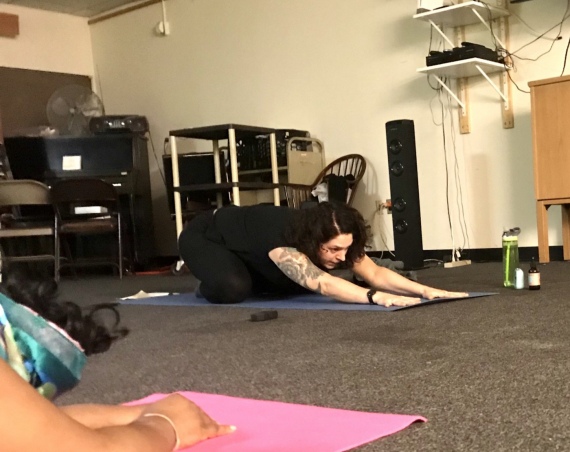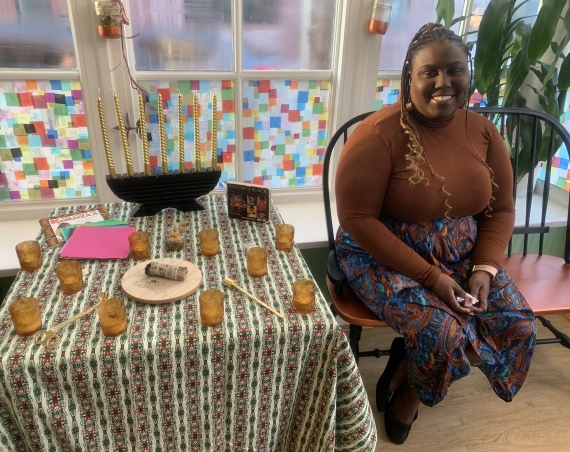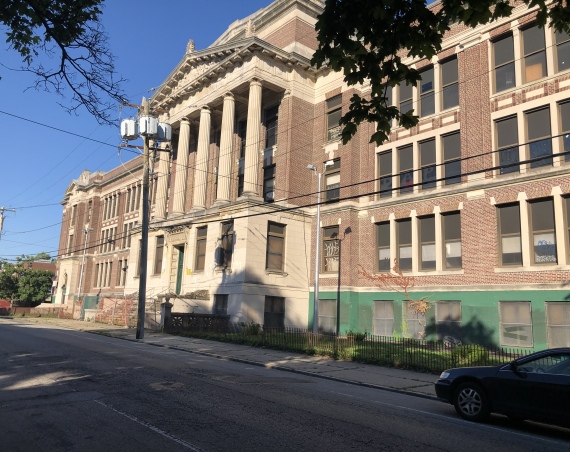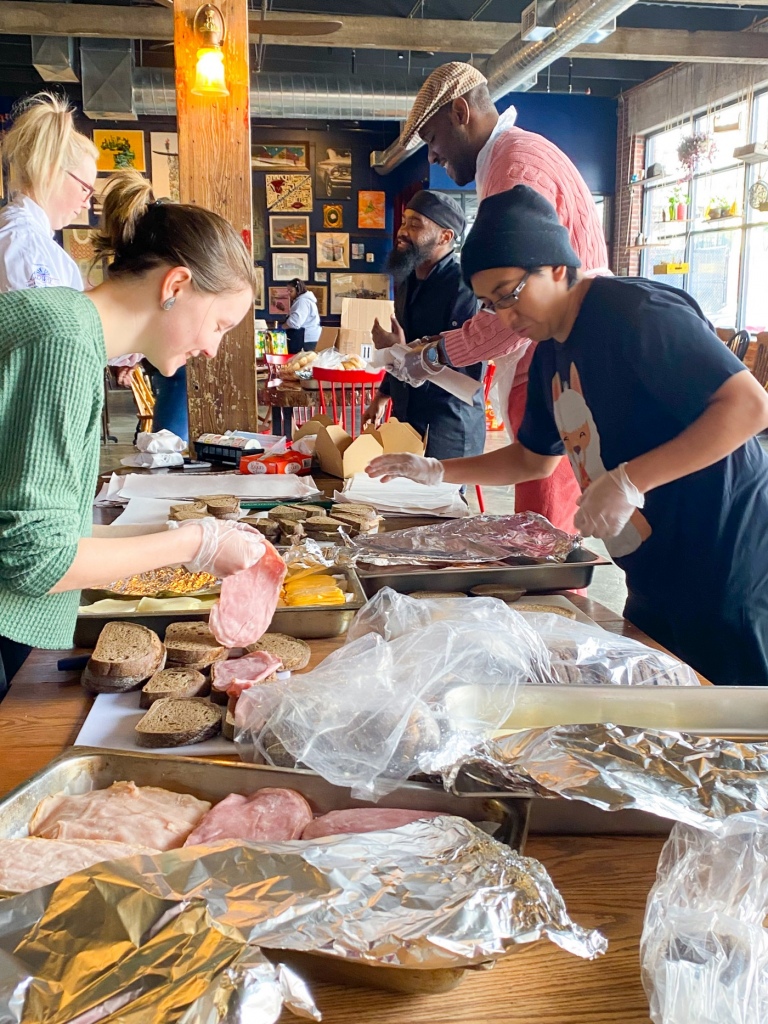
A lunch delivery initiative is meeting kids where they’re at, which may be at home.
In response to COVID-19, Philadelphia has closed more than 60 schools to prevent contamination. With those closures, many children have lost meals they depended upon.
Several schools and recreation centers are handing out free meals once a day in response to the closures. But for some, those locations are too far to walk and can only reached with a vehicle.
Last week, the Kidz Meals on Wheels initiative began in Germantown. Their goal is to serve those who cannot make it to the locations provided by the city. They deliver up to three meals per child, anywhere in Philadelphia. Personal chef and caterer Ariq Barret began the initiative last week. After posting is initiative on Facebook, Attic Brewing Company offered their space for him to pack lunches.
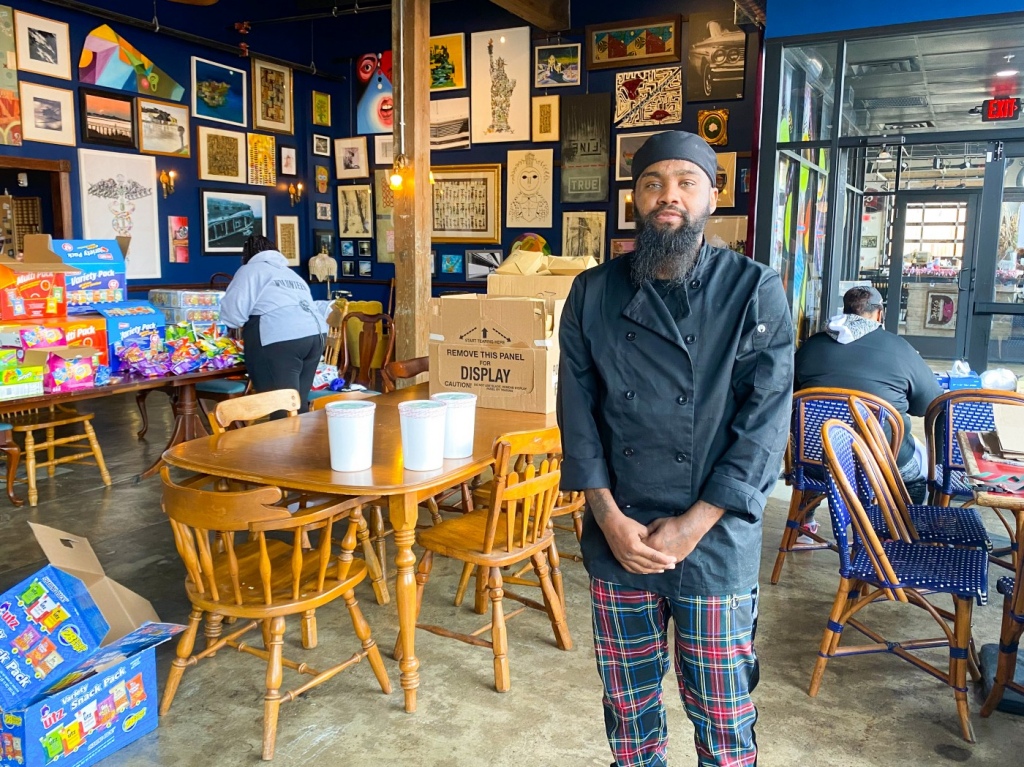
“Grandma always told me it takes a village and it literally takes a village,” Barrett said. “You need to help the people that you don’t know, so that we can keep the kids healthy.”
Laura Lacy, Attic Brewing Company owner, said when she came across Barrett on Facebook, the initiative hit home for her. Lacy said there were times in her childhood when her family depended on donations to have meals. She said she contacted Barrett immediately and offered Attic as a space to pack lunches.
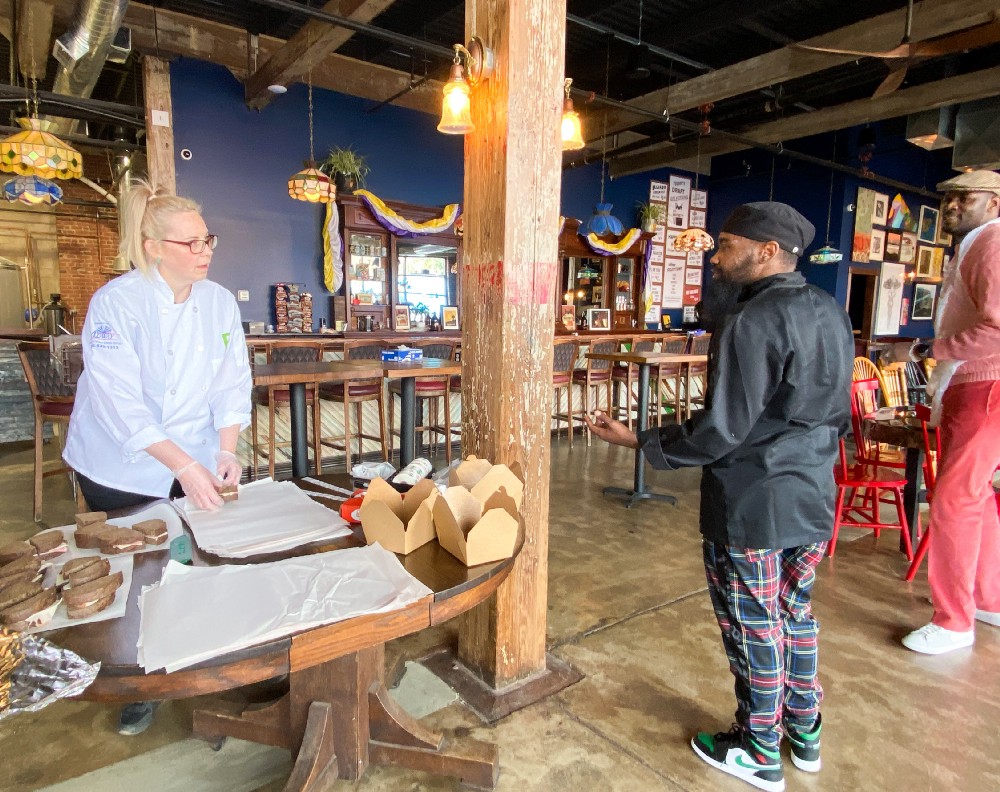
“It’s definitely something that is very close to me,” Lacy said. “I don’t have children myself, but I can only imagine you know, the pride that you have to put aside when you have to ask for help feeding your own kids. So in a time that feels so chaotic, it’s really great to see neighbors coming together.”
Last Wednesday and Sunday the initiative supplied more than 500 meals to residents in Philadelphia. And yesterday more than 1,000 meals were delivered to those in need. Moreover, the process of packing and delivering lunches is quite simple.
Volunteers connect with Barrett via Facebook and show up to Attic to pack lunches. They disinfect their hands as they enter the building and each volunteer is supplied gloves. The volunteers prepare the lunch boxes and sort them according to delivery locations.
Delivery volunteers arrive at their scheduled time, enter Attic to sign their name on a sign-in sheet and return to their vehicle. Barrett brings their set of lunches to their car accompanied by a route with approximately eight stops.
Maredith Tomlin-Corbin volunteered Sunday and yesterday for Meals on Wheels. While delivering meals she realized the privacy with delivered meals is more efficient than people think. She said some parents face embarrassment when approaching recreation centers and schools for meals.
“I see that people are embarrassed or either people are just uncomfortable with it,” Tomlin-Corbin said, “you know, asking for things. So it’s easier for us to bring it into your home, you can open the door and get your stuff and you don’t have to really worry about somebody judging you.”

Although the initiative is gaining attention and reaching more Philadelphia families in need, the recent grocery store limitations are coming into effect. After COVID-19 disrupted America, grocery stores took a major hit when citizens flooded stores and left shelves empty.
As a solution, grocery stores are taking the initiative to ration items for the remaining time. For example, Barrett said grocery stores are limiting bread to two loaves at a time. A huge part of his initiative is receiving monetary donations from residents to then purchase the needed food for lunches.
Luckily, yesterday Philly Bread Company donated enough bread for 500 lunch boxes when learning of Meals on Wheels bread shortage.
Secondly, the Meals on Wheels initiative is donation based. Therefore the volunteers deliver lunches after enough money is raised to purchase food items. Their Facebook Page notifies its followers when a lunch delivery date is planned several days in advance.
Barrett, Lacy and volunteers hope the initiative grows as they reach more people via social media and word of mouth. They have limited their volunteers to 15 at a time in an effort to prevent spread of the virus and have urged delivery volunteers to avoid direct with those coming out of their homes to retrieve lunches.
“We don’t know how long this is gonna last,” Lacy said.”But I feel very blessed that if I ran out of food, I could easily get in touch with people and know it’s not a worry for me. I hope that our neighbors realize like, it’s not a worry for them either.”

